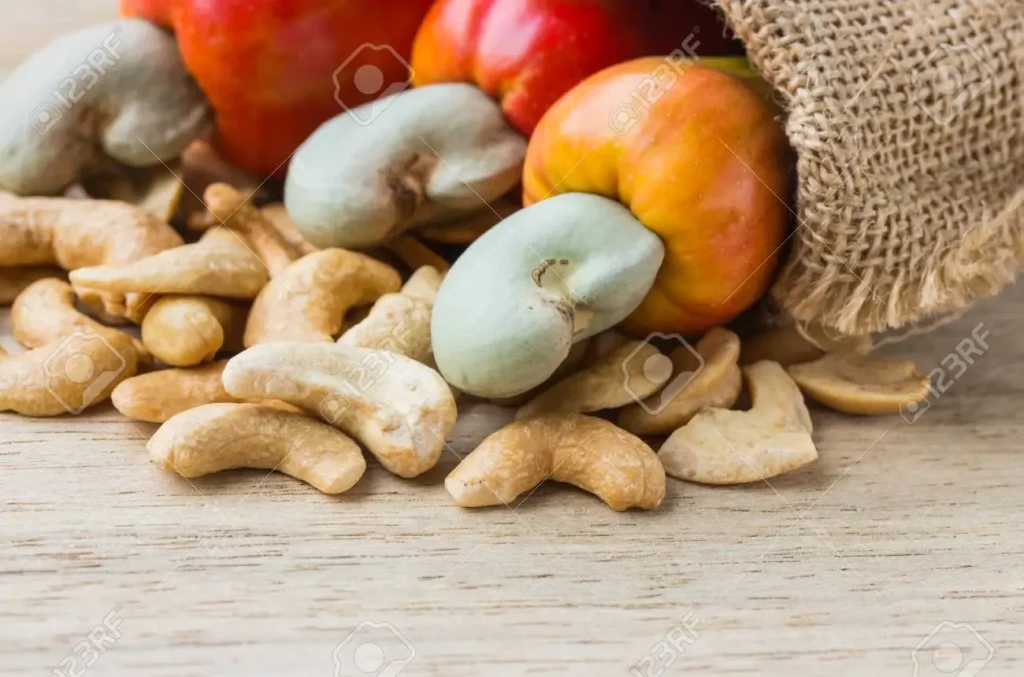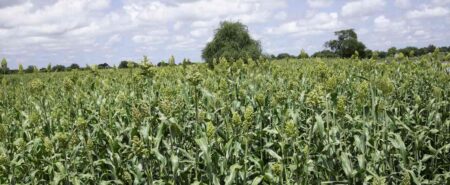On the backdrop of increasing global demand for cashew nuts, the government of Tanzania is now subsidizing agro-inputs for farmers of the crop.
According to global market trends, demand for edible cashews is on a drastic rise riding on the back of increased consumer consciousness of the nut’s high nutrient value. Cashews are consumed whole as a snack but due to the increased market response to its high nutrient value, producers are now increasing their value chain through various products.
- Tanzania issues free agro-inputs to cashew nut farmers
- The world cashew market growing rapidly
- China government launches national campaign for daily consumption of nuts
Cashews can nowadays be found in almost all of your daily treats in energy bars, cookies, chocolates, and even ice creams. Grown across several continents, demand for cashew is highest in Asia where it is used as the main ingredient in various dishes as well as in the west where it is a priced ingredient in various snacks.
So what has sparked this new interest in cashews? Generally speaking, the increased market is due to increased knowledge of the high nutrient value of cashews and the emergence of working-class millennials who are nutrition-conscious.
According to the International Nut and Dried Fruit Council, cashews have ‘an inflation-driven consumption pattern.
Cashews are high in nutrients including copper, which is good for bones. They are also of higher fibre content compared to their cousin the peanut and as such, they help improve digestive function.
Similarly, due to the high-value nutrition pack in a cashew nut, we now have ready-to-drink cashew milk, which serves as a lactose-free milk substitute. With the launch of these new and innovative products, including items like the now favourite cashew-butter yoghurt in the United States and the roasted spice-coated cashew kernels in India the market is responding in kind.
All these new value addition chains are complementary to growing demand and vice vasa and all of which is helping revive the Covid-19 battered sub-sector. It is because of this increasing demand for cashew all around the world that producers like Tanzania are now looking to leverage this market gap.
Read: Earnings from Cashew nut farming in Tanzania set to grow
Tanzania issues free agro-inputs for cashew farmers
The government of Tanzania has launched an exercise to supply free agricultural inputs to cashew farmers across the country. The move comes in the wake of President Samia Suluhu Hassan’s executive order for the government-backed purchase of cashew inputs. The president is quoted as saying the inputs shall serve as incentives to farmers in cashew-producing regions and help to improve the overall production of cashews in Tanzania.
“The farm inputs would be supplied for free to cashew nuts farmers in the country as per President’s directives,” a high-ranking government official announced recently.
Regional Commissioner of Mtwara Region Brigadier General Marco Gaguti said the inputs will be handled by cashew cooperative unions from whom they will be distributed to farmers.
“The cooperative unions should first send the list of farmers to receive the inputs and the exact amount each and every farmer will receive,” he said and urged farmers to make a distribution voucher for the inputs that they receive.
Other than free inputs, Tanzania president Samia Suluhu Hassan also directed cashew nut farmers to add value to the crop instead of selling it raw. Should the government move ahead and support the set up of value addition mini-factories, then Tanzanian cashews may stand to command a high return on investment in the growing world market.
At the moment, the global cashew market is projected to register a CAGR of 4.6% during the forecast period (2022-2027). A factor fuelling this demand is not only the edible part of the cashew nut but its shell as well which most people do not know; ‘Oil extracted from the cashew nut shells are used as a lubricant in the production of plastics.’
As it did in almost all other sectors, Covid-19 had a very direct and damaging effect on the cashew nut market, globally. Owing to the Covid-19-related lockdowns, the cashew nut distribution channels were severely affected.
Similarly, due to the closure of businesses and restricted movement of persons, value addition activities were also gravely affected lowering the availability of cashew nuts in the market. The global drop in cashew nut supply during the pandemic caused a ripple effect that severely affected farmers in Africa and elsewhere in the World.
At home, in Tanzania and the rest of Africa, demand for cashews remains considerably low and the government is now pushing to grow local consumption and tap into the enormous local market of almost 60 million people.
“The consumption of cashew kernels, whole or pieces, has had a limited exposition to the consumers in West and East Africa. This may be attributed to the untapped retail market for ready-to-eat cashews for the consumers in the region,” notes
To tap into this enormous market not only governments are taking action but other stakeholders as well such as the Competitive Cashew Initiative. The organization formerly known as the African Cashew Initiative now works towards marketing high-quality raw cashew nuts across West Africa in Benin, Côte d’Ivoire, Mozambique, and Ghana.
Globally, it is the Asia-Pacific region that dominates the cashew nut market. Even though this region is rich with cashew nut-producing countries, including giants like India and Vietnam, the region still tops the world’s cashew nut importing countries.
Generally speaking, the world list of top consumers of cashew nuts is topped by China, followed by Japan, Thailand, and India, respectively.
“The demand for cashews in Asia has persistently increased as the imports for shelled cashews increased exponentially from 2,317 metric tonnes in 2016 to 23,897 metric tonnes in 2020 in China,” notes the Cashew Market – Growth, Trends, Covid-19 Impact, and Forecasts (2022 – 2027) report.
It is in Asia that we see government commitment to boost local markets, if not for the related monetary gains then for the sheer care of the health of their people. Consider this; “Nuts have become a primary component in the Chinese diet since the inception of the National Health Policy called “Dietary Guidelines for Chinese Residents”, which emphasizes daily nut consumption.”
The government In Hong Kong is actually actively urging its people to consume more cashew nuts to stay healthy and this drive has led to increased importation of cashews in the region. Following this trend, Tanzania is now urging local consumption of cashew nuts but no actual government-led initiative has been launched yet.
However, it will be no surprise that the government of Tanzania will move from giving free agro-inputs for the growth of cashew nuts and instead or together with, start urging individuals to increase cashew nut consumption.











